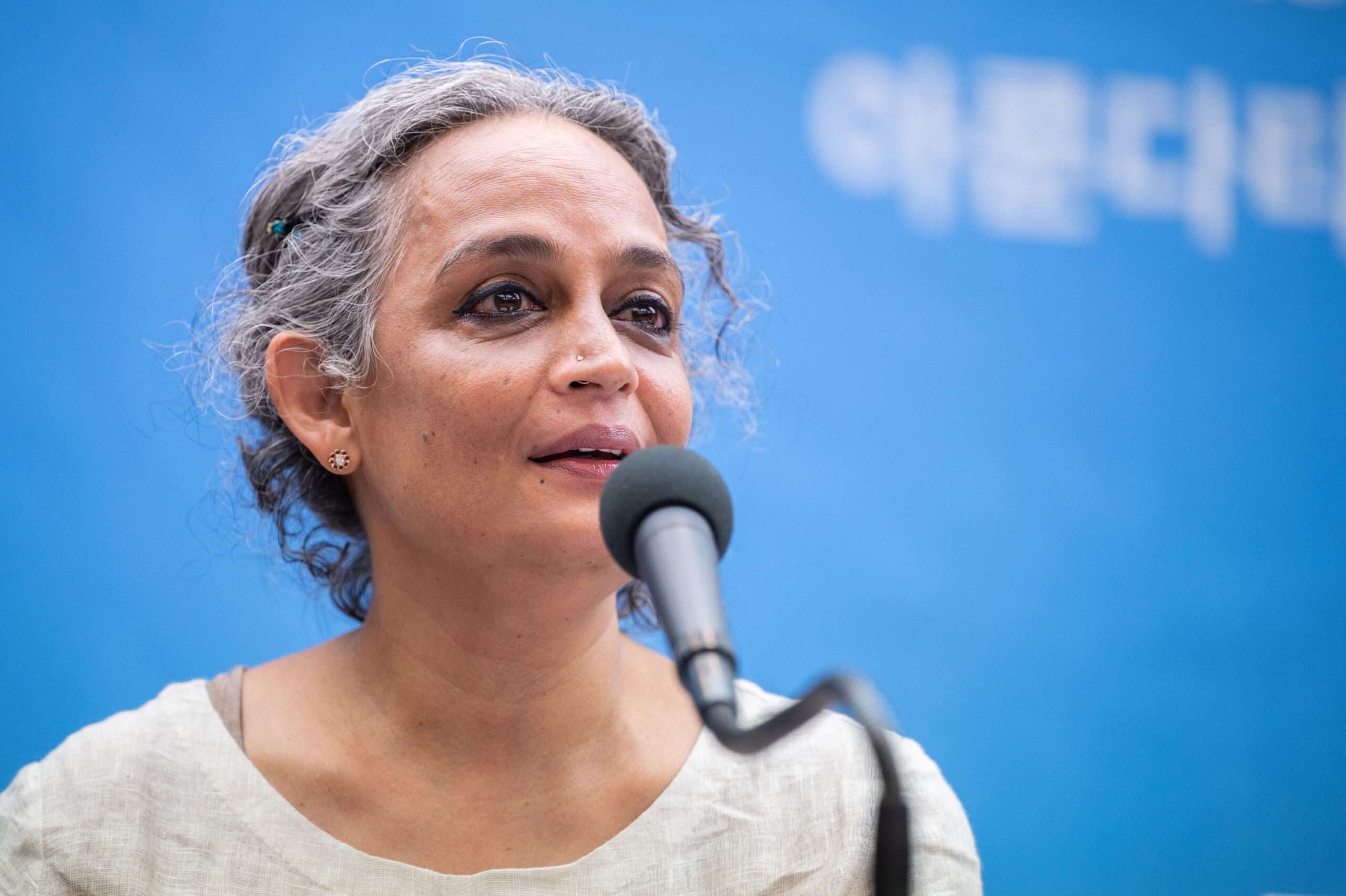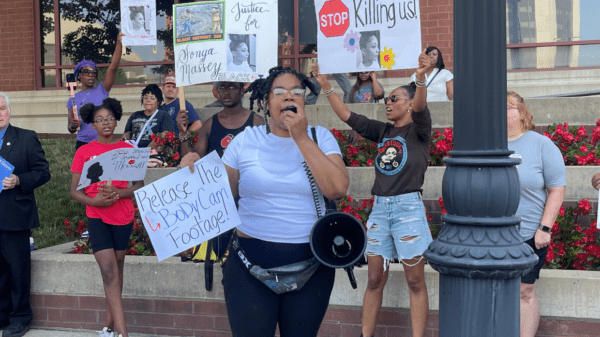Arundhati Roy, the Booker Prize-winning author renowned for her debut novel “The God of Small Things,” faces legal action in India due to her comments on the Kashmir conflict. Roy, an outspoken critic of the Indian government, has frequently expressed her views on various social and political issues, with Kashmir being one of the most contentious topics. Her remarks have often stirred controversy, and this latest development marks a significant escalation in the Indian authorities’ response to her dissenting voice.
The Kashmir issue has been a flashpoint between India and Pakistan since the partition of British India in 1947. The region has witnessed decades of conflict, insurgency, and heavy military presence, leading to a highly volatile and sensitive situation. Roy’s comments, perceived as critical of the Indian government’s stance on Kashmir, have attracted significant attention and backlash from nationalist groups and government supporters.
The legal proceedings against Roy stem from allegations that her statements incite violence and disturb public peace. Critics argue that such actions are part of a broader pattern of silencing dissent in India, where the space for free expression appears to be shrinking. The charges against Roy are seen by many as an attempt to stifle criticism and discourage others from voicing opposition to the government’s policies.
Roy’s supporters contend that her remarks are a legitimate exercise of free speech and highlight the ongoing human rights issues in Kashmir. They argue that prosecuting a prominent intellectual like Roy sends a chilling message to other writers, activists, and journalists, potentially leading to self-censorship and a diminished public discourse.
The international community has also shown interest in Roy’s case, with various human rights organizations expressing concern over the implications for freedom of expression in India. They emphasize the importance of protecting the rights of individuals to criticize their governments without fear of retribution.
As the legal process unfolds, it remains to be seen how the Indian judiciary will handle the case. Roy’s prosecution could have far-reaching consequences for the country’s democratic fabric and its commitment to upholding constitutional freedoms. The case also raises questions about the balance between national security and individual liberties, a debate that is not unique to India but resonates globally.
Arundhati Roy’s situation underscores the complex dynamics at play in contemporary India, where the intersections of politics, nationalism, and human rights are increasingly contentious. Her forthcoming legal battle will likely be closely watched, not just within India but around the world, as an indicator of the health of democracy and the robustness of civil liberties in the world’s largest democracy.

















































